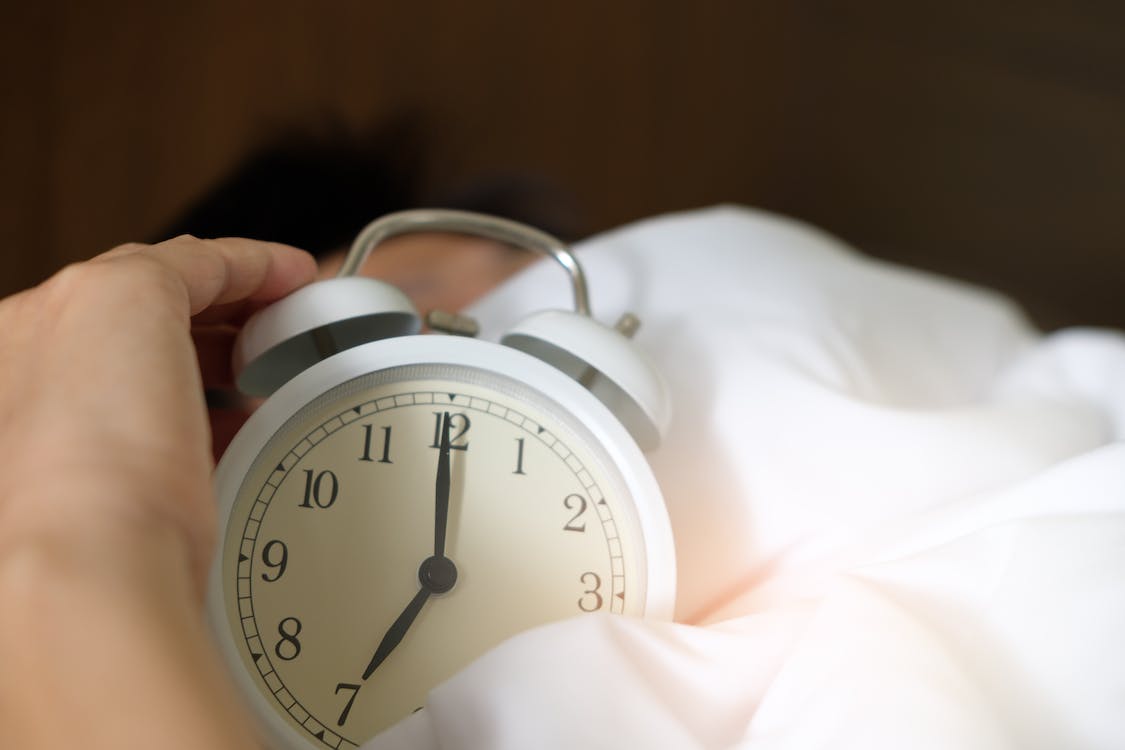Circadian rhythm is the internal biological process that regulates the sleep-wake cycle and other behavioral and physiological processes in living organisms, including humans.
It runs on a 24-hour cycle and reacts to factors like light and temperature in the surrounding environment. The circadian rhythm is important because it assists the body in synchronizing its activities and functions with its external environment, which is important for maintaining good health.
Disruptions to the circadian rhythm, such as those caused by shift work or jet lag, can have negative effects on physical and mental health.
What is melatonin?
Melatonin is a hormone synthesized in the brain by the pineal gland that regulates the sleep-wake cycle. It is also referred to as the “sleep hormone”.
Melatonin levels in the body rise in the evening as the sky darkens, signaling to the body that it is time to prepare for sleep, and fall in the morning, assisting in waking the body up. It’s frequently used as a dietary supplement to help with sleep issues like insomnia.
What is the importance of circadian rhythm?
The circadian rhythm is important for several reasons:
- The circadian rhythm aids in the regulation of the body’s sleep-wake cycle, leading to better quality sleep and increased wakefulness during the day.
- Wellness, both body and mind: The circadian rhythm plays a crucial role in maintaining one’s health, both mentally and physically, by regulating the timing of a number of vital processes.
- Sleep, mood, metabolism, and other processes are all influenced by hormones, many of which have their release regulated by the circadian cycle.
- Cognitive impairment, increased weariness, and other issues are just some of the ways in which a disruption to one’s circadian rhythm can negatively impact performance and productivity.
- Sleep disorders, sadness, and an upped risk of diseases like cardiovascular disease and cancer have all been related to circadian rhythm disruptions, which can be brought on by nighttime light exposure or working shifts.
Overall, the circadian rhythm is an essential component of overall health and well-being, and maintaining a healthy sleep-wake cycle is an important aspect of maintaining good health.
What lifestyle choices affect circadian rhythm?
The sleep-wake cycle and other actions in living things are controlled by something called a circadian rhythm, which occurs internally. A person’s way of life is just one of the many aspects that affect this. The circadian rhythm of the human body can be influenced by a number of factors, some of which are:
- Light exposure: The body’s circadian rhythm is influenced by the amount of light exposure a person gets. Exposure to bright light during the day can help keep the body’s clock in sync, while exposure to artificial light at night can disrupt the body’s natural sleep-wake cycle.
- Sleep habits: Poor sleep habits, such as going to bed at different times each night or not getting enough sleep, can disrupt the body’s circadian rhythm.
- Diet: The body’s internal clock can be influenced by the timing and content of meals. Consuming caffeine or other stimulants late in the day can disrupt the body’s natural sleep-wake cycle.
- Physical activity: Exercise can help regulate the body’s internal clock, but engaging in physical activity at the wrong time of day can disrupt the body’s circadian rhythm.
- Stress: Chronic stress can disrupt the body’s natural sleep-wake cycle and affect the body’s circadian rhythm.
Good sleep hygiene, getting adequate sleep, and spending time in natural light during the day are all ways to support a regular circadian cycle.



